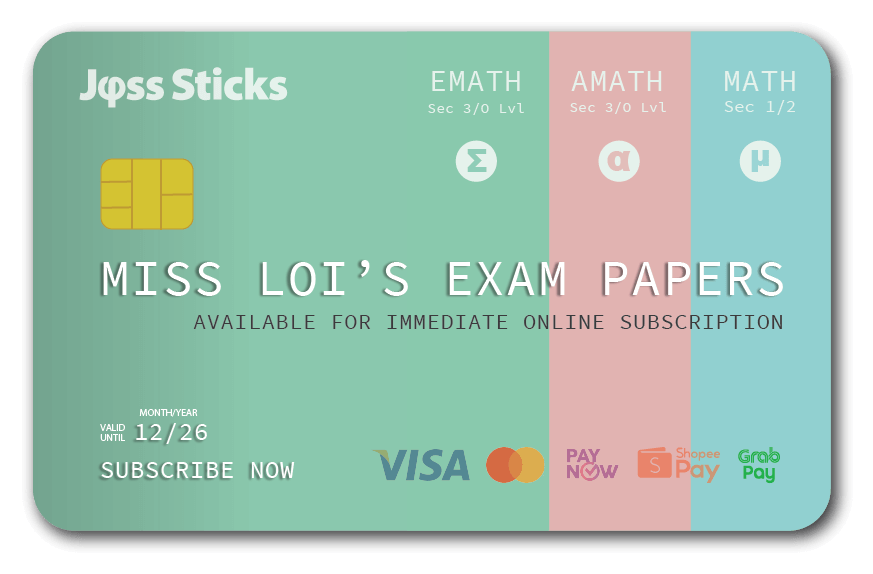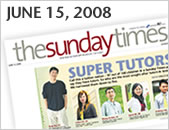Miss Loi loves this kind of real-life question. Other than it having an equal chance of appearing in either Paper 1 or 2, it is more likely to help you later in life compared to those very important sure-to-come-out questions on trigonometry or quadratic equations.
So the story goes:
Mr Tan is a recent retiree with some money in his bank account that he had saved up throughout his working life. On day he received a glossy flyer from his bank highlighting an exclusive promotion for their Foreign Currency Fixed Deposits. Some of their attractive features include higher potential returns from higher interest rates and higher returns from currency appreciation compared to local currency fixed deposits.
Mr Tan was very interested and half-an-hour’s ‘research’ in the local newspaper later, he concluded that the British pound WILL rise in the foreseeable future. Though the exact reason behind this remained unknown to him, he ‘trusted’ what the expert analysts in the newspaper said. He further vindicated his decision with his coffeeshop friends, some of whom were ‘investment experts’ who had first-hand rumours from their undergrad son’s girlfriend’s aunty’s god-sister’s friend who works as a management trainee in some big foreign bank who also ‘agreed’ that the British pound WILL rise in the foreseeable future. Furthermore his coffeeshop friends told him they would SURELY invest themselves if they had the money that Mr Tan had.
Thus Mr Tan had a great smile and we shall now get into the question proper 🙂 :
At the beginning of 2002, Mr Tan buys some British pounds (£) with $33,000 Singapore dollars (S$) at the rate of £1 = S$3.03 and puts it on fixed deposits for 2 years at a compound interest rate of 9.87% (wow!) per annum.
- How much does he buy in British pound in 2002, correct to the nearest pound?
- Find the total amount in British pounds he had in his account at the beginning of 2004, correct to the nearest pound.
- During the two years, the value of British pounds fell against the Singapore dollar, so that, in fact when he sold the British pounds in 2004, he got only three quarter of what he would receive had he sold it in 2002. What was the rate of exchange in 2004, express £ in terms of S$? Give your answer correct to the nearest cent.
- Calculate the overall percentage gain/loss he made in this investment in foreign currency, correct to 3 significant figures.
For these kind of questions you (and Mr Tan) have to be very clear on how simple interests and compound interests work, amongst other things.
After you’ve gotten the answer, do you know who is smiling in the end? Mr Tan or the bank?

 Miss Loi is a full-time private tutor in Singapore specializing in O-Level Maths tuition. Her life’s calling is to eradicate the terrifying LMBFH Syndrome off the face of this planet. For over years she has been a savior to countless students …
Miss Loi is a full-time private tutor in Singapore specializing in O-Level Maths tuition. Her life’s calling is to eradicate the terrifying LMBFH Syndrome off the face of this planet. For over years she has been a savior to countless students … 




















